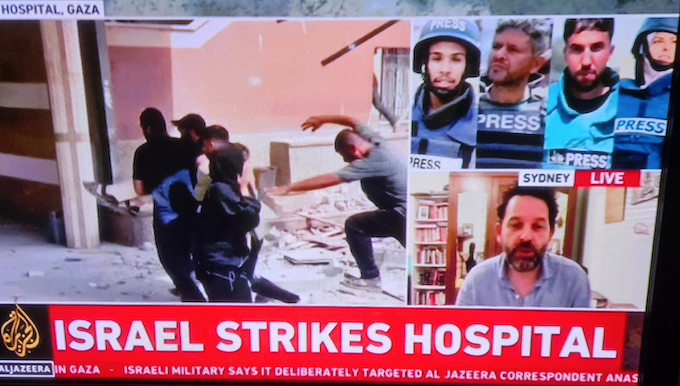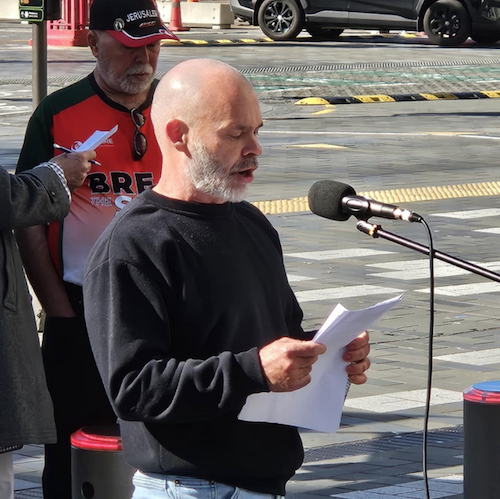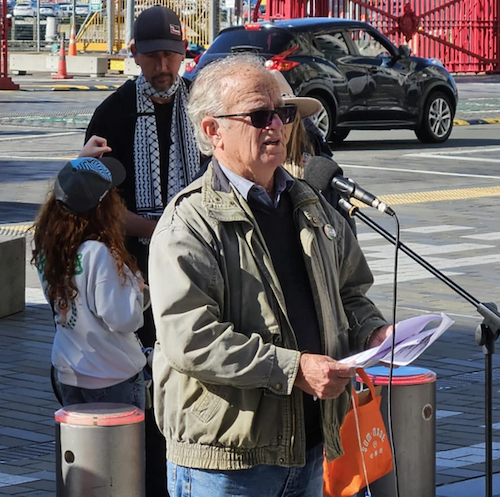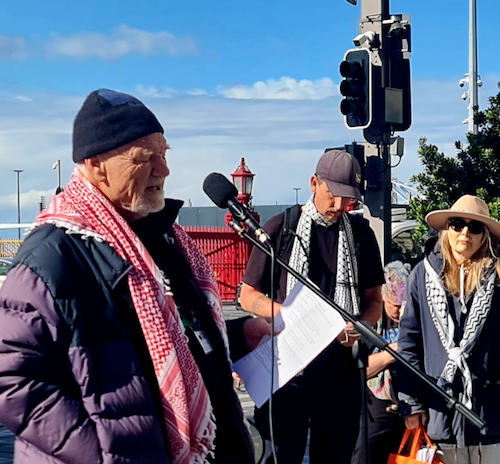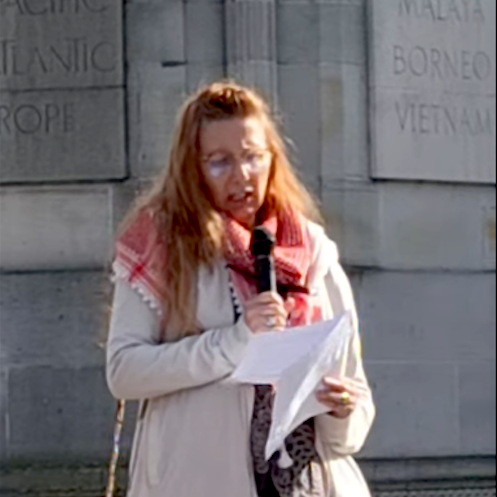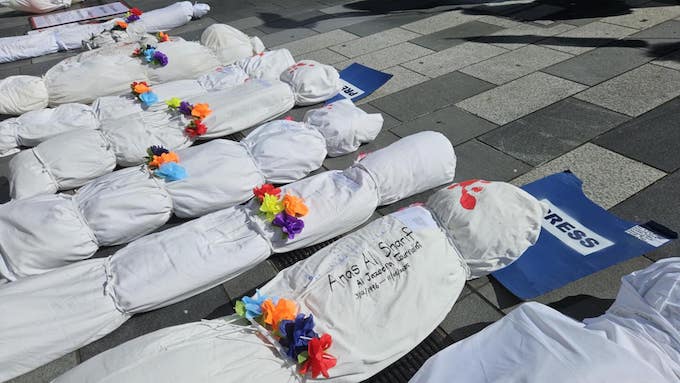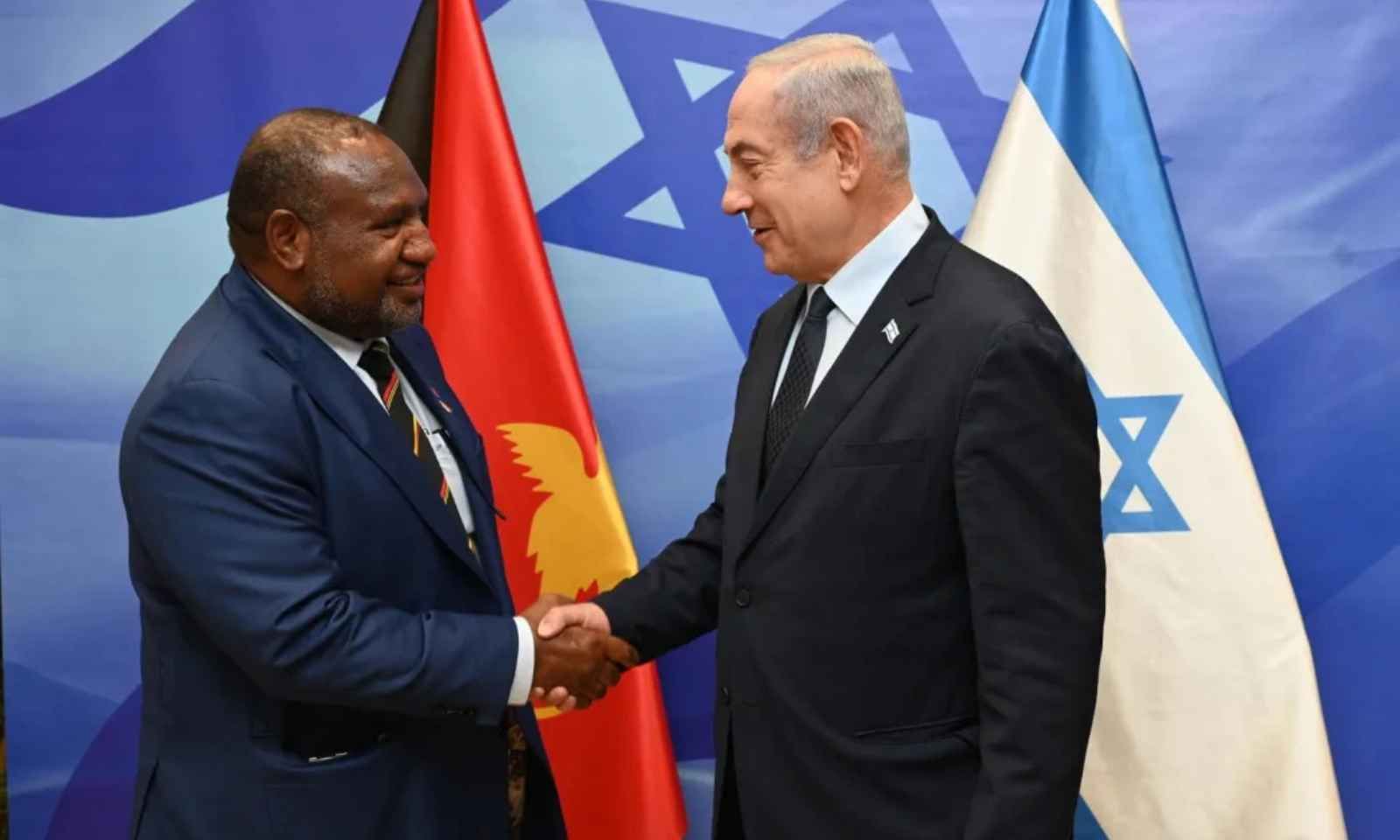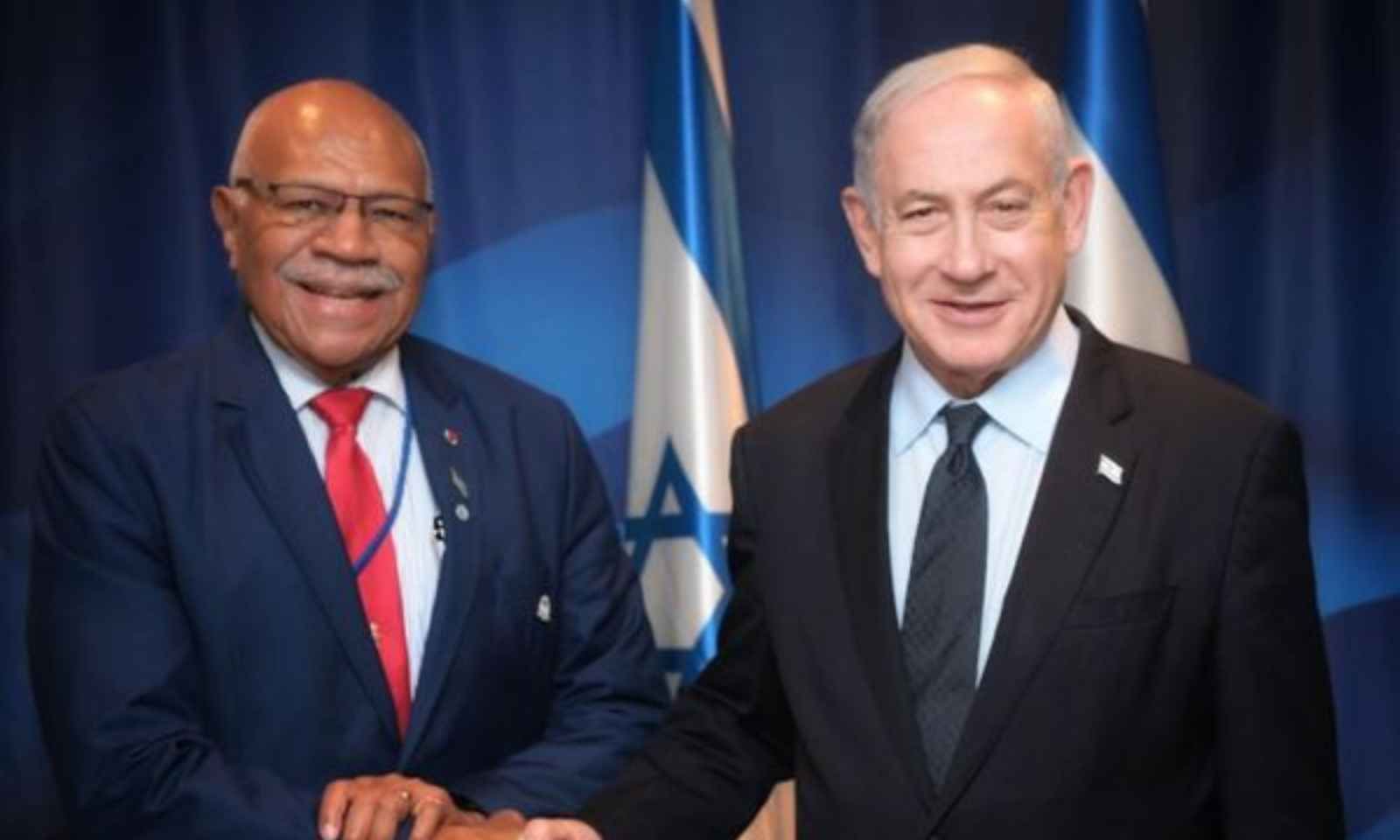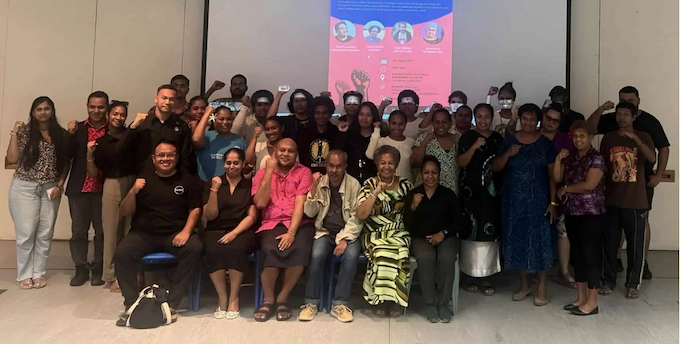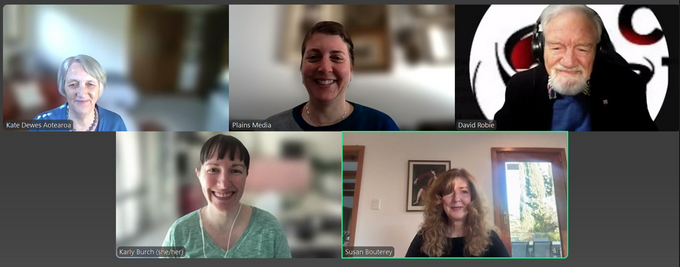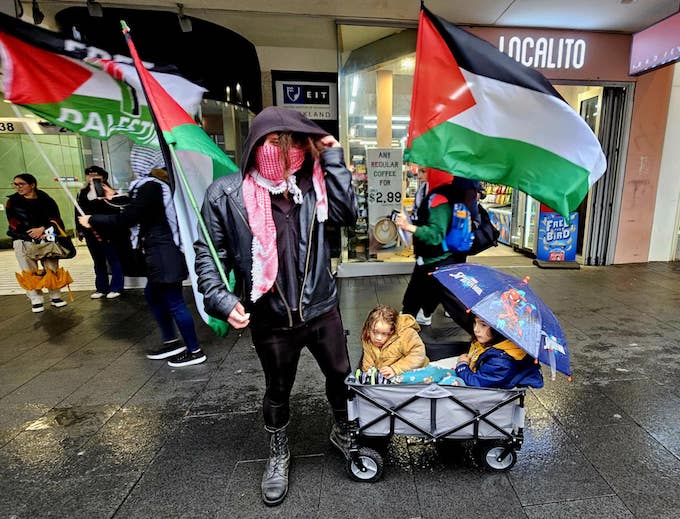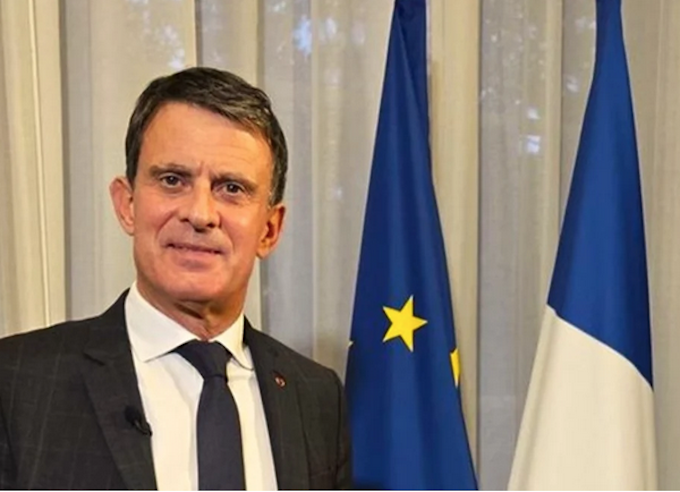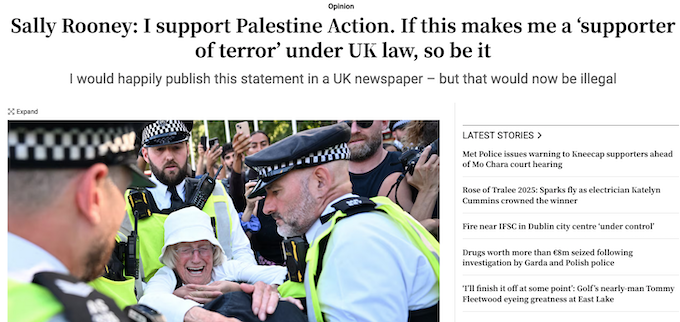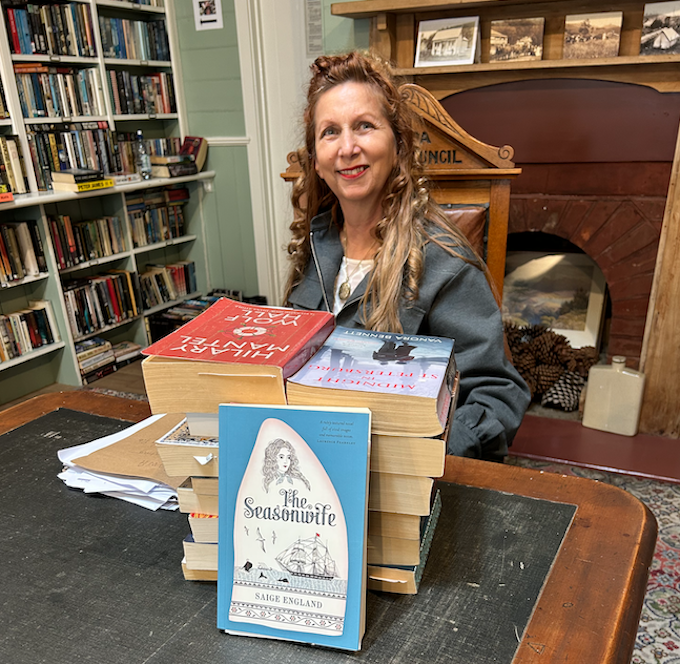ANALYSIS: By Peter Thompson, Te Herenga Waka — Victoria University of Wellington
The recent internal report on RNZ’s performance, variously described as “scathing” and “blunt” in news coverage, caused considerable debate about the state broadcaster’s performance and priorities — not all of it fair or well informed.
The report makes several operational recommendations, including addressing RNZ National’s declining audience share by targeting the 50+ age demographic and moving key programme productions from Wellington to Auckland.
But RNZ’s diminishing linear radio audience has to be understood in the context of its overall expansion of audience reach online, and audience trends across the radio sector in general.
- READ MORE: RNZ National may have the circuit breaker it sorely needs — Gavin Ellis
- Media Insider: Scathing RNZ National radio review highlights cultural issues, recommends hiring presenters and on-air voices aligned to audience
- Other RNZ institutional reports
Total audience engagement with RNZ content on third-party platforms (including social media, YouTube and content-sharing partners who are permitted to republish RNZ material) now exceeds the reach of its radio audience.
There has also been a steady but significant decline in the daily reach of linear radio overall. NZ On Air audience research shows that in 2014, 67 percent of New Zealanders listened to linear broadcast radio every day. A decade later, this had dropped to 42 percent.
RNZ National’s share of the total 15+ audience peaked at 12 percent in 2021, following the initial pandemic period. By 2024, this had declined to 7 percent, having been overtaken by Newstalk ZB on 8 percent (also down from 9 percent in 2021).
But using comparative audience reach and ratings data to gauge the performance of a public service media operator does not capture the quality or diversity of audience engagement, or the extent to which its charter obligations are being met.
Nor do audience data reflect the positive structural role RNZ plays in supporting other media through its content-sharing model, the Local Democracy Reporting scheme or its RNZ Pacific service.
Clashing priorities
Data provided by RNZ show the decline in RNZ National’s audience to be primarily in the 60+ age groups. How much that reflects recent efforts to appeal to a more diverse demographic through changed programming formats is unclear.
The RNZ report also suggests staff are uncertain about what audiences their programmes are aiming at. If so, this could explain the departure of some older listeners.
But that doesn’t necessarily support the report’s conclusion that RNZ National should stick to its radio knitting and double down on the 50+ audience, especially in Auckland, to compete with Newstalk ZB.
In fact, prioritising the 50+ audience at the expense of a broader appeal might reinforce RNZ’s brand image as a legacy service for older listeners — a prospect its commercial rivals would doubtless welcome.
Between 2007 and 2017, RNZ was subject to a funding freeze and was pressured by successive National-led governments to justify any claim for future increases with evidence of improved performance. Its Queenstown, Tauranga and Palmerston North offices all closed during this period of austerity.
In the 2017 budget, RNZ eventually received an extra NZ$11.4 million over four years. Its statement of intent that year acknowledged funding increases were premised on achieving a wider audience and that budgets needed to make “operational expenditure available for new online initiatives and updated technology”.
Given that expanding the online arm of RNZ would affect investment in its radio service, it would be surprising if operational priorities didn’t sometimes clash. While commercial broadcasters prioritise their most lucrative demographics, public service operators have the perennial challenge of providing something for everyone.
The risk of pleasing no one
The online reach of RNZ’s website and app is now comparable to the reach of its linear broadcasts. Critics might frame that as under-performance on the radio side, but it also shows audience reach has grown beyond the older-skewing linear radio demographic.
According to RNZ’s 2024 audience research, 80 percent of New Zealanders engage with its content every month. Meanwhile, amid growing concern about declining trust in news, RNZ ranked top in the 2025 JMAD survey on trust in media.
None of this supports the narrative of a failing legacy operator that has lost its way.
Some of the issues raised in the RNZ report may simply reflect the reality of modern media management: maintaining the character, quality and demographic appeal of existing radio services while trying to reach broader demographics on new platforms.
Meeting that challenge was perhaps made more realistic when the previous Labour government increased RNZ’s baseline funding by $25.7 million in 2023. So the current government’s recent decision to cut RNZ’s budget by $18 million over the next four years represents a real setback.
RNZ’s charter obliges it to serve a diverse range of audiences, something the data show it achieves with a broad cross-section across all platforms.
If it were to now prioritise the 50+ or even 60+ radio audience at the expense of expanding online services and audience diversification, there would likely be more criticism and calls for further defunding from the broadcaster’s political and commercial enemies.
Rather like the moral of Aesop’s fable about the man, the boy and the donkey, if RNZ is expected to please everyone, it runs the risk of pleasing no one.![]()
Dr Peter Thompson is associate professor in media and communication, Te Herenga Waka — Victoria University of Wellington. This article is republished from The Conversation under a Creative Commons licence. Read the original article.
This post was originally published on Asia Pacific Report.



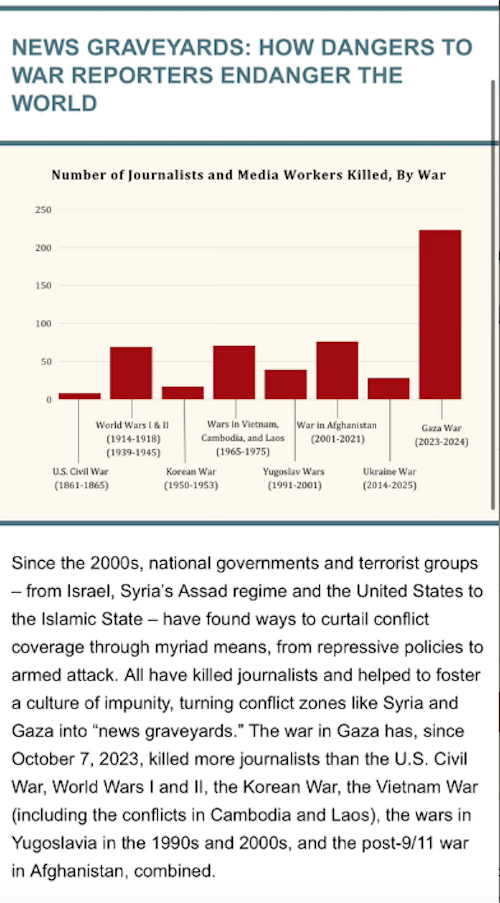
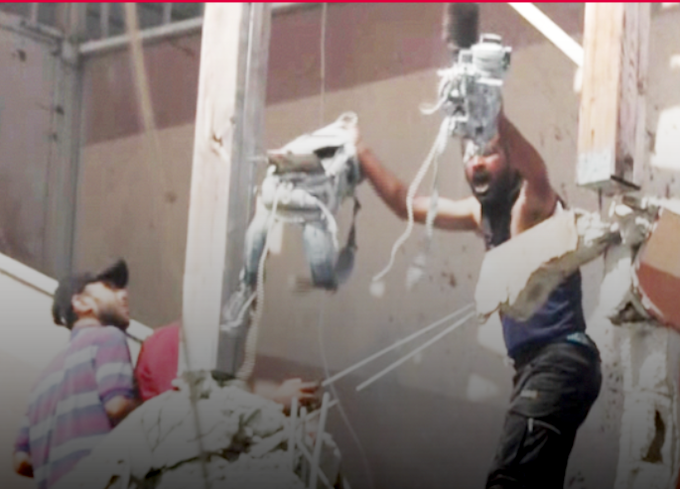
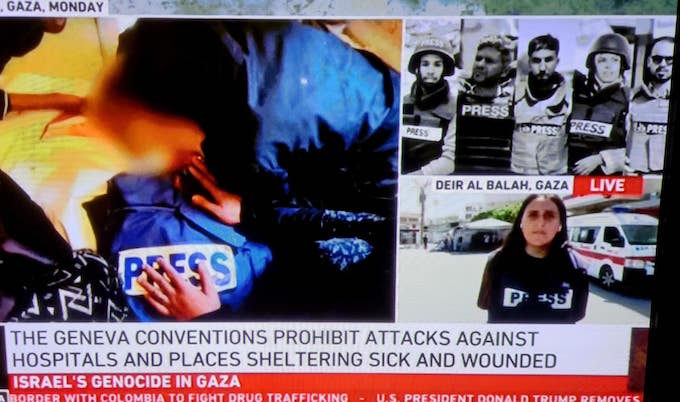



 BREAKING
BREAKING Break the blockade
Break the blockade